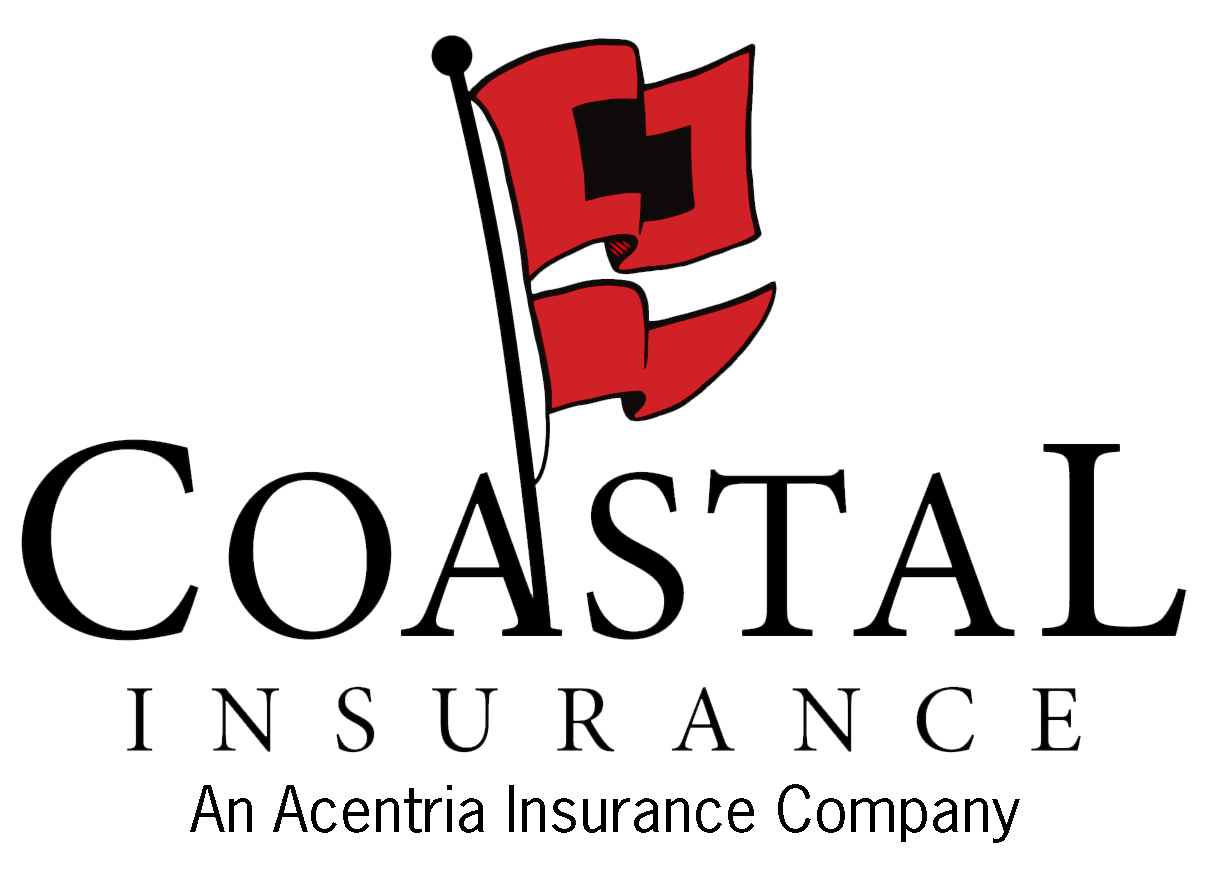It’s no secret that Florida insurance can be difficult to navigate, but our team is here to help you understand every aspect of the insurance buying process. Below you’ll find a list of frequently asked questions to help get you started.
-
Description text goes here
-
With the increase in property values across the nation, it’s only natural to wonder whether you insurance policy should match your home value. When considering your insurance options, it’s important to understand that you’re purchase price or market value directly correlates to market trends including land value, supply and demand, and recent comparable home sales. Your insured value should be based solely on the estimated cost of reconstruction in the event of a total loss to the home.
Typically, your agent will perform an industry-standard Replacement Cost Estimate (RCE) prior to quoting your home insurance, but homeowners are also encouraged to get an appraisal through a reputable property appraiser. This will verify the market value of the home (including land), but also give you a better idea of your home’s estimated cost of reconstruction (exclusive of land value). Your agent will then use these tools to provide guidance on an appropriate coverage limit for your home.
Remember, the purpose of a homeowners policy is to make you whole in the event of a covered loss. Your outstanding loan amount and the market value have little to no bearing on your home’s replacement cost
-
Homeowners insurance rates are determined by a number of factors, including the occupancy of your home. Owner-occupied dwellings will almost always cost less to insure than a home with rental exposure. Short-term rental properties typically yield a rate increase of roughly 15% to 20%, depending on the carrier. Also keep in mind that many carriers have minimum night stay requirements. Carriers who require weekly (7-day) rentals may have lower rates than those that will allow a 2-night stay. Long-term (annual rentals) typically yield an increase in premium of about 11%.
We recommend consulting with a local rental management company to obtain income projections for your property. This will help you decide if renting your home is right for you.
Homeowners policies for owner-occupied dwellings are designed for homes that have zero rental exposure. If you decide to offer short-term rentals on your home, it’s important to update your policy accordingly to ensure you have the right insurance protection.
-
-
The short answer is yes, absolutely! No matter your home’s location or flood zone, flood insurance is a wise choice. Flood losses - losses caused by rising water or tidal surge - are specifically excluded from ALL standard home insurance policies EVEN IF you have hurricane insurance. Some carriers offer a flood insurance endorsement, but flood protection is usually purchased as a separate, supplemental policy. The average flood insurance policy for a home located in a low-risk flood zone is less than $800/year.
-
If you’ve just purchased a new home insurance policy, you will likely be subject to an interior and/or exterior home inspection within the first 30 days of policy inception. These inspections are a mandatory part of the underwriting process, regardless of whether you paid for inspections prior to the purchase of your home. The purpose of the post-bind inspection is to confirm important underwriting details, confirm coverage eligibility, and note any deficiencies that may require your immediate attention. The walk-through typically takes 30-45 minutes depending on the size of your home. This is mandatory ad applies to any new property insurance policy for ALL carriers in the state of Florida.
-
Description text goes here
-
Item description
-
Yes! In fact, any change to the usage of your home should be discussed with your agent. Homeowners policies do not provide the appropriate coverage for homes undergoing renovations. Before you swing that hammer, it’s important that you discuss renovation plans with your agent to avoid gaps in coverage.
-
Yes. Claims are reviewed to determine eligibility for all property insurance policies. This applies to any owned, residential property, regardless of whether the claim was paid by your insurance carrier. Most insurance carriers will make this determination based on the last five (5) years. All prior claims should be discussed with your agent to ensure accurate quoting and coverage eligibility.
-
Item description
-
Item description
-
Item description

